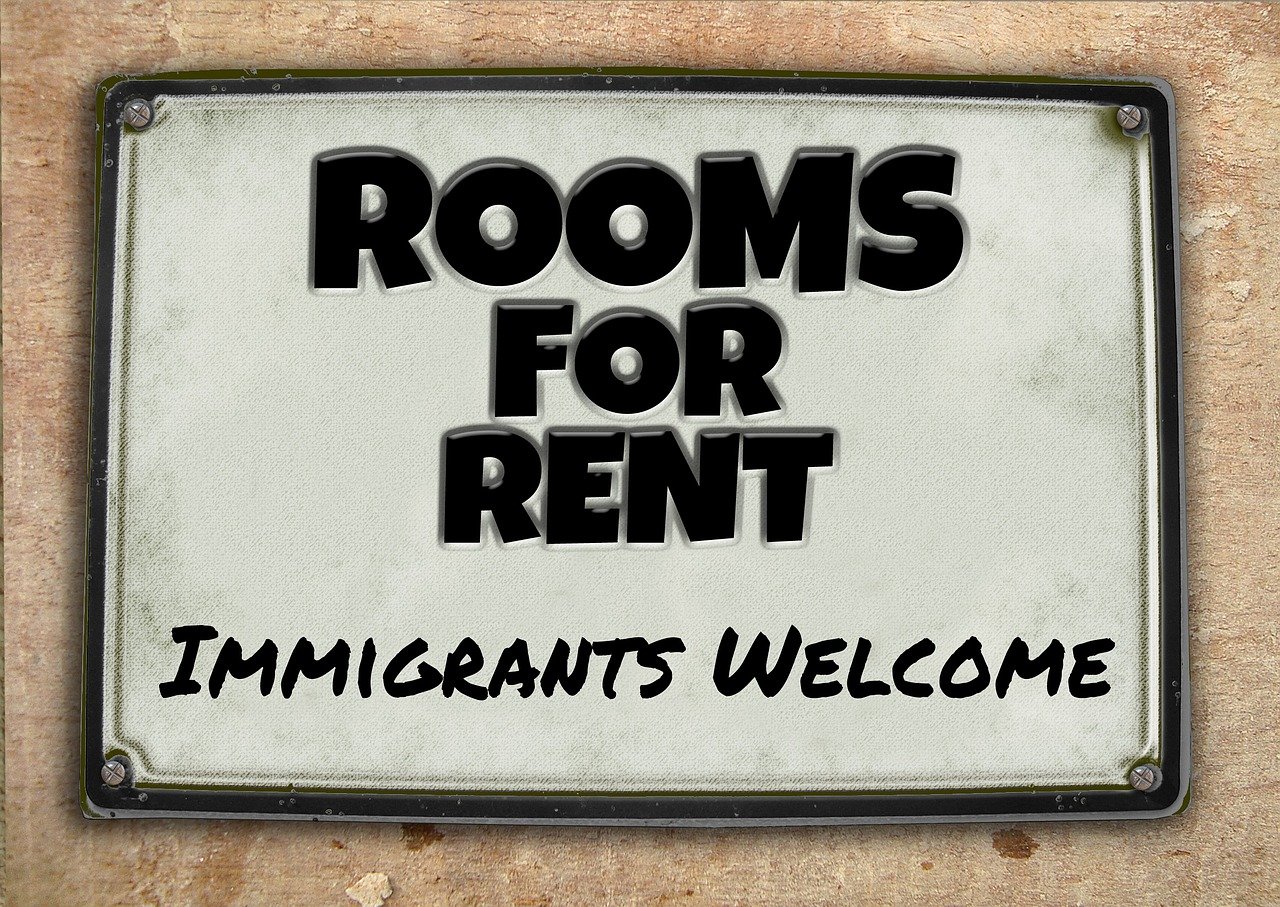The rental landscape in 2025 is evolving rapidly, with prominent shifts occurring in major markets. Montreal has taken a significant step by imposing a three-month rental cap on short-term rentals (STRs), aiming to combat a pressing housing crisis. Meanwhile, Landfolk, the Scandinavian vacation rental platform, is expanding its luxury offerings in France, tapping into the demand for unique travel experiences. In another development, Vrbo is showcasing its top vacation rentals for the year, focusing on family-friendly accommodations that cater to larger groups. These changes reflect a broader trend towards regulation, market adaptation, and innovation within the vacation rental sector.
Montreal’s Short-Term Rental Restrictions: A Three-Month Rental Cap
As concerns about housing affordability continue to escalate, Montreal has instituted a groundbreaking regulation limiting short-term rentals to only three months per year, specifically from June 10 to September 10. This ordinance aims to alleviate the city’s housing crunch by ensuring that properties are primarily utilized for long-term living rather than transient stays. Hosts who previously relied on consistent rental income throughout the year are now facing significant economic challenges.

The Implications for Hosts and Local Business
Under the new legislation, short-term rental hosts must display their permit numbers on booking platforms like Airbnb and Booking.com, as well as on-site. Renewals will be required annually, with penalties for non-compliance that can reach $1,000. This shift has sparked criticism, particularly from Airbnb, which described the regulations as “extreme and short-sighted.” The platform has urged that this decision may jeopardize over $400 million in economic activity annually and threaten approximately 4,400 local jobs.
- Impact on local economy: The restrictions could affect numerous local businesses that benefit from tourist spending.
- Job losses: The new regulations might lead to job cuts in the hospitality and service sectors.
- Tourism events: Major events like the Grand Prix may see reduced accommodation options, affecting attendance.
Alongside economic concerns, the city’s ongoing limitations on rental properties, which already require that only primary residences can be rented, signal increasing regulatory pressure. This move toward tighter oversight raises questions about the viability of short-term rentals in urban centers where demand is high.
Strategies for Property Managers and Owners
Property managers and hosts must now rethink their strategies in light of these new regulations. With year-round income now curtailed, many may consider shifting to mid-term or long-term rentals, particularly during the off-season. Reassessing pricing strategies and potential markets will be crucial for maintaining profitability.
Additionally, diversifying offerings could prove beneficial. Those with the means may opt for hybrid models combining short-term rentals during peak months and longer stays during quieter seasons. This approach not only maintains revenue but also capitalizes on the growing interest in longer vacations post-pandemic.
Long-term effects on the rental market
The case of Montreal serves as a cautionary tale for property owners and managers across various urban markets. As seen in cities like New York and Barcelona, market regulations can lead to unintended consequences, such as exacerbating housing shortages and inflating hotel prices. Such outcomes highlight the importance of finding a balance between regulation and market sustainability.
| Consequence | Potential Outcome |
|---|---|
| Job Losses | Increased unemployment in the hospitality sector |
| Property Value Fluctuations | Potential decrease in rental demand |
| Local Business Impact | Reduced sales for businesses dependent on tourism |
Landfolk’s Expansion into the French Luxury Market
As established platforms face regulatory hurdles, new entrants like Landfolk are capitalizing on the evolving landscape of vacation rentals. Recently launched in France, Landfolk seeks to redefine luxury travel with its curated portfolio of exclusive properties, including châteaux, wine estates, and architecturally stunning villas.

Understanding Landfolk’s Unique Proposition
Founded by former Airbnb employees, Landfolk distinguishes itself through its selective curation process. Each property is evaluated based on key attributes such as character, surroundings, hospitality quality, and design integrity. This model targets discerning travelers seeking meaningful experiences rather than mere accommodation.
- Experience-focused travel: Guests can immerse themselves in the essence of French culture.
- Less competition: Landfolk focuses on rural areas, reducing the impact of strict regulations.
- High-quality properties: Each listing is handpicked for its uniqueness and charm.
Under the leadership of CEO Christian Schwarz Lausten, the aim is to align the brand with the French concept of “savoir-vivre,” emphasizing quality over quantity in the luxury rental market. Landfolk’s expansion follows a strategic acquisition hinting at the company’s rapid growth trajectory across Europe.
The Shift Towards Quality Stays
As more travelers abandon generic offerings in favor of carefully curated experiences, platforms like Landfolk are well-positioned to satisfy this demand. As vacationers increasingly prioritize authenticity, privacy, and detailed design over flashy amenities, Landfolk’s approach represents a significant departure from the traditional rental model.
| Attribute | Landfolk’s Approach |
|---|---|
| Property Selection | Curated by in-house experts |
| Focus | Unique, design-driven properties |
| Target Market | Experience-focused travelers |
Vrbo’s Top Vacation Rentals of the Year for 2025
In a competitive market, Vrbo has distinguished itself with its announcement of ‘Vacation Rentals of the Year for 2025.’ This curated list showcases standout properties that excel in guest satisfaction, boasting ratings of 9.8 or higher.
Characteristics of High-Performing Rentals
The selected properties range from luxurious chalets in the Catskills to sprawling estates in Scottsdale and family-friendly oceanfront houses in Michigan. Many of these homes cater specifically to larger groups, reflecting the increasing demand for accommodations that facilitate family gatherings and multigenerational travel.
- Amenities: Properties feature elevated offerings such as private pools, game rooms, and fire pits.
- Premier Hosts: Most listings are managed by professional vacation rental companies.
- Guest Focus: High guest ratings and family-friendly designs are essential criteria for selection.
The significance of the ‘Premier Host’ status has been highlighted through these selections, emphasizing the need for consistent quality and exceptional guest experiences. For property managers, achieving such recognition can be a powerful marketing tool to attract future guests.
Emerging Trends and Future Prospects
As Vrbo eyes expansion into international markets, offering vacation rentals in desirable locations worldwide, its focus on family-friendly offerings signals a response to changing travel patterns. The rise of multigenerational travel indicates that hosts should consider adding amenities and configurations that cater to larger families.
| Rental Type | Key Features |
|---|---|
| Luxury Chalets | Stunning views, hot tubs, and ski access |
| Beachfront Estates | Close proximity to attractions, outdoor spaces |
| Family-Friendly Homes | Game rooms, large kitchens, pools |
Property managers would be wise to analyze these trends and consider how their offerings align with the evolving preferences of vacationers. Being part of the high-ranking inventory on platforms like Vrbo can be pivotal in maximizing visibility and attracting a diverse clientele.
